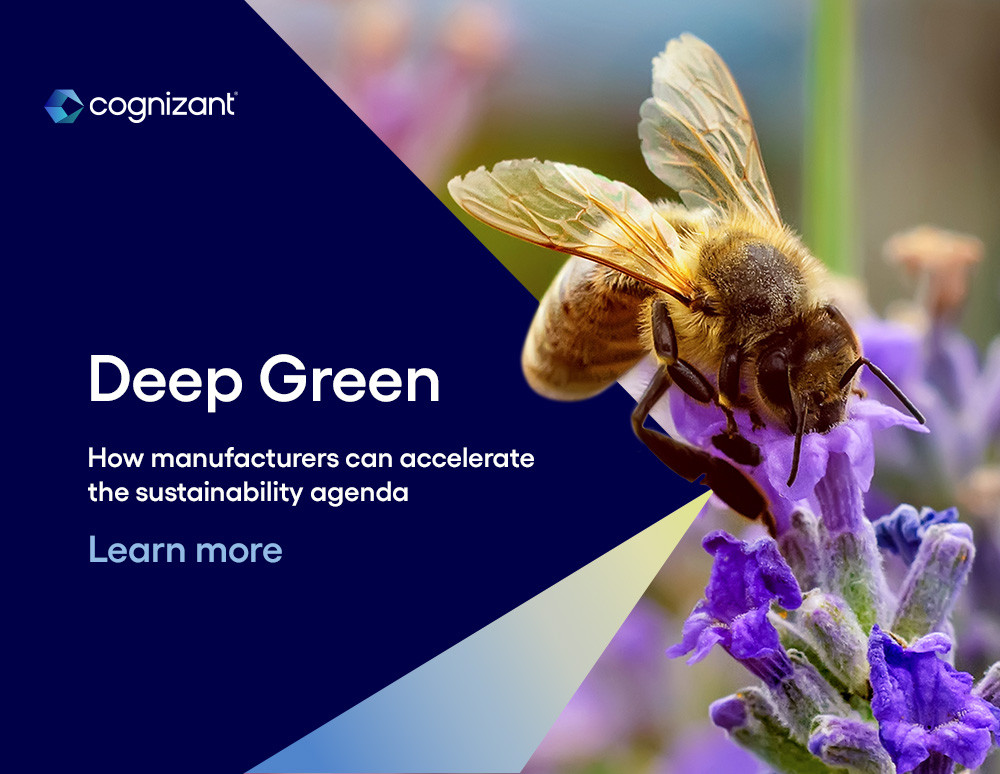November 27, 2023
How manufacturers can balance the sustainability equation
Our recent study reveals three challenges for manufacturers to overcome as they pursue a more sustainable way to operate and produce goods.
For manufacturers, it can seem like an impossible balancing act: implementing sustainable practices while controlling costs and delivering high-quality goods at competitive prices.
However, the equation is in dire need of being solved. Increasingly, resources dedicated to sustainability initiatives are looking less like expenditures and more like investments in competitiveness. Further, regardless of short-term fluctuation in regulatory trends, the shift is unequivocally toward stricter environmental regulation.
The challenges are clear in our recent study of 3,000 senior executives from around the world, including 295 from the manufacturing industry. In the study, conducted in partnership with Oxford Economics, 70% of manufacturers said environmental sustainability is highly or very highly important to their business strategy. Yet only 44% said they’d met their sustainability targets over the last two years.
In our analysis of the study findings, we’ve identified three separate but interconnected challenges for manufacturers to overcome as they pursue a more sustainable way to operate and produce goods.
- Make better use of common management tools—such as creating incentives and rewards, setting targets and reporting on performance—to support sustainability objectives. Training should be readily accessible so everyone has the know-how to solve sustainability challenges.
- Overcome technology timidity. Just under half of manufacturing respondents (46%) agree that their companies’ technology projects improve environmental sustainability. Manufacturers need to develop a comprehensive data strategy and advance their use of technologies that have proven effective for sustainability advancement, including analytics, blockchain and digital twins.
- Increase engagement with supply chain partners. Manufacturers are still highly focused on the sustainability of their internal operations vs. on their supply chain or products and services. They need to work with supply chain partners to design and deploy a sustainability strategy, and identify where growth can be fed with circular economy strategies.
To see more of our study results and get a deeper look at our recommendations, read the full ebook, “How manufacturers can accelerate the sustainability agenda.”
For more, visit the Sustainability & Resilience section of our website or contact us.
We’re here to offer you practical and unique solutions to today’s most pressing technology challenges. Across industries and markets, get inspired today for success tomorrow.
Latest posts
Related posts
Get actionable business Insights in your inbox
Sign up for the Cognizant newsletter to gain actionable AI advice and real-world business insights delivered to your inbox every month.
















